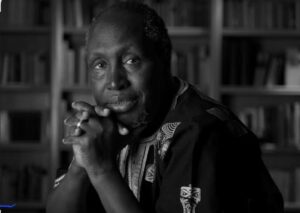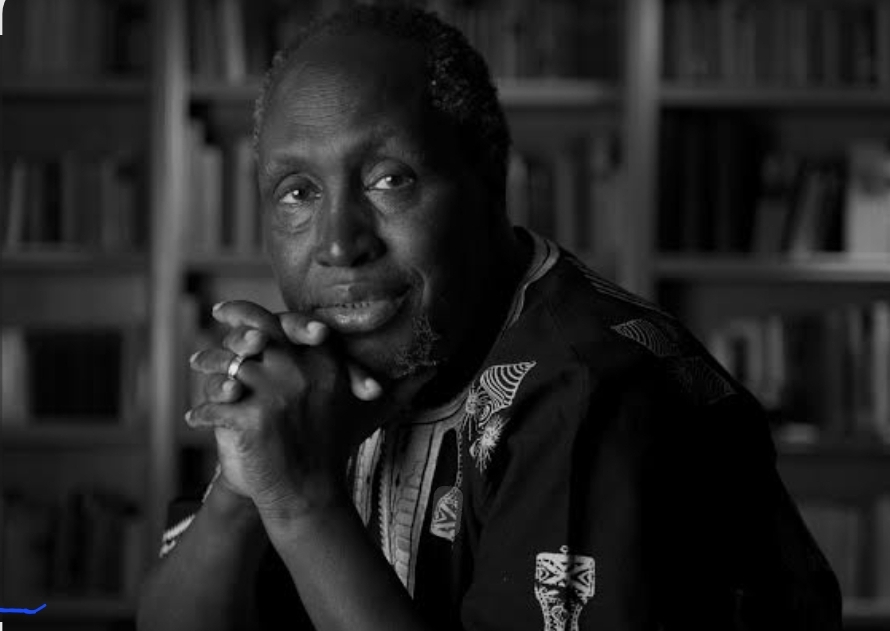Ngũgĩ wa Thiong’o, the legendary Kenyan writer, playwright, and revolutionary thinker, has passed away at the age of 87 in the United States on the morning of May 28, 2025. A beacon of African literature and one of the fiercest defenders of language, identity, and cultural freedom, Ngũgĩ’s journey through life was anything but ordinary.

Ngugi wa Thiong’o, the other author of Weep Not Child, 1964, the first English novel by an East African
His daughter, Wanjiku wa Ngugi, shared the heartbreaking news in a moving Facebook post:
“It is with a heavy heart that we announce the passing of our dad, Ngũgĩ wa Thiong’o this Wednesday morning, 28th May 2025. He lived a full life, fought a good fight. As was his last wish, let’s celebrate his life and his work. Rîa ratha na rîa thŭa. Tŭrî aira!”
These words, Gikuyu, for “Let there be joy and peace. We are children of the soil!” encapsulate the very spirit Ngũgĩ embodied throughout his life: pride in African roots, a refusal to forget, and a love for the people whose stories he carried in every line he wrote.
Ngũgĩ’s literary fire burned bright from his early days with Weep Not, Child to his bold linguistic revolution with Devil on the Cross, written on prison toilet paper in defiance of a system that feared the power of a free African voice. He taught us that language is more than communication,it is memory, history, and resistance.
Though he spent many years in exile, his heart never left Kenya. His ideas shook classrooms, challenged governments, and sparked conversations from Nairobi to New York. He turned pain into prose, exile into essays, and dreams into novels that generations will continue to read.
The family spokesperson, Nducu wa Ngugi, prepares to share details of his celebration of life.
Ngũgĩ started off writing in English but later made a bold shift to writing in Gikuyu, his native language, as a political and cultural statement against colonialism. Some key things to know about him:
Famous Works:
Weep Not, Child (1964) – the first English novel by an East African.
The River Between and A Grain of Wheat are also classics.
Petals of Blood (1977) is one of his more politically charged novels.
He later wrote Devil on the Cross in Gikuyu while in detention on toilet paper!
Political Exile: He was detained by the Kenyan government in 1977 for his activism and spent time in exile after his release, living in the UK and later the US.
Academic Work: He’s also a respected professor of literature and has taught at major universities like Yale, NYU, and the University of California, Irvine.
Key Themes: Colonialism, neo-colonialism, language and power, identity, and resistance.
Language Advocacy: Ngũgĩ strongly believes in the power of African languages and argues that language is a carrier of culture and consciousness.



